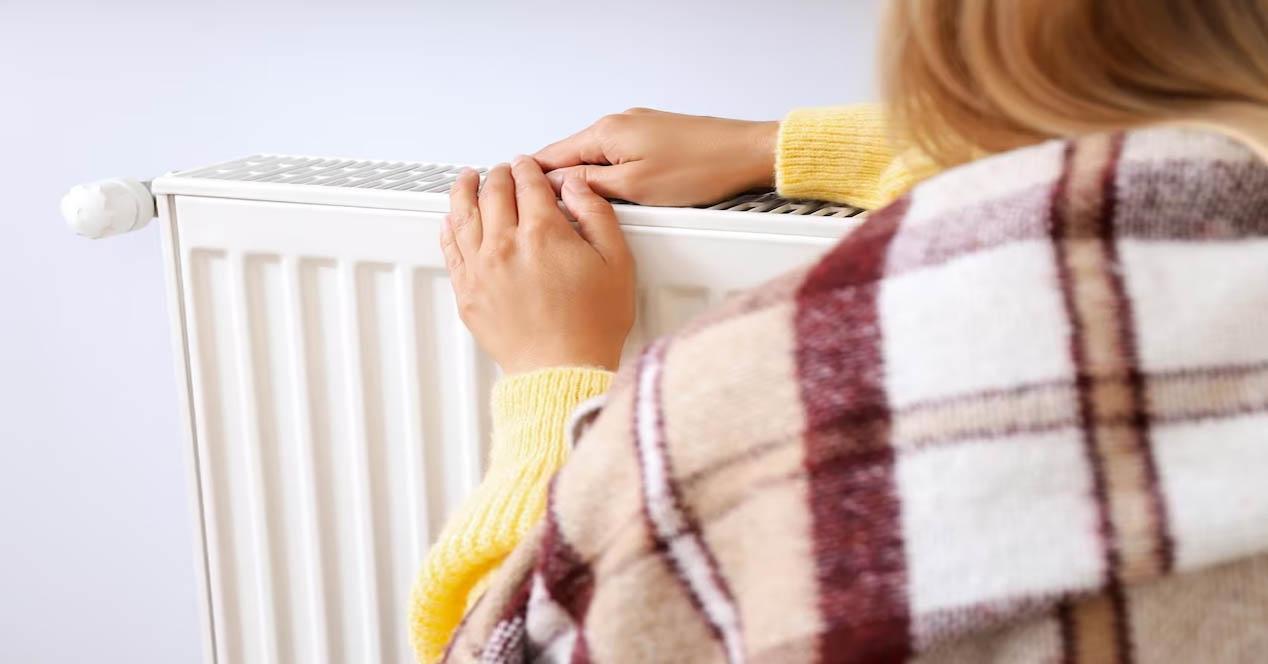Heating can be a very important part of the electricity or gas bill. In the winter months it can cause consumption to skyrocket, especially if we do not take measures to try to save. A question that arises in many things is whether or not to turn off the heating at night. Can we save money with that or is it better to always leave it on and maintain a more or less stable temperature? We talk about it in this article.
Whether or not to turn off the heating at night
Normally we only have heating for a few hours a day. Basically the time we are at home and little else. But of course, there are families in which there is always someone at home. Especially where elderly people or small children live and they only go out for a walk for a while, but the rest of the time they are at home. It is especially in these cases when the question may arise as to whether to turn off the heating at night or leave it on.
It is clear that an important consumption is when the house begins to heat up from a very low temperature to 19-21 degrees at which we put the heating. But even so, in practically all cases it will be better for you to turn off the heating at night. Therefore, we do not recommend that you have heating 24 hours a day.
We can say that the ideal temperature to spend the winter is between 19 and 21 degrees. You really don’t need to turn the heating up. But overnight it is not necessary to reach that temperature. In fact, it is enough to have 15-17 degrees to sleep without problems, with a pleasant temperature. At the end of the day you will be covered.
Therefore, if you turn off the heating for a while before going to bed, the temperature will be maintained during the night. At least it won’t drop below 16-17 degrees, unless you have the windows open and very poor thermal insulation. So, what you do is turn off the heating and turn it on again the next day when you get up or when you need the house to warm up again.

Controlling when it turns on is important
Beyond deciding to turn the heating on or off at night, which as we say it is best to turn it off, it is also interesting to control when it is turned on and off. For example, maybe you want the house to be warm when you wake up. Therefore, what you can do is schedule it to turn on a while earlier.
In the same way, you can set the heating to turn off for a while before you go to sleep. The temperature will be maintained and you don’t need to turn it off just when you go to sleep, but a while before so you can save on the bill. The objective is to optimize the use to the maximum and that it is turned on only when it is necessary.
For this, having a smart thermostat is a good idea. But even if you use older radiators it is possible to use a smart plug to better manage switching on and off. All this will help reduce the cost of your bills.












